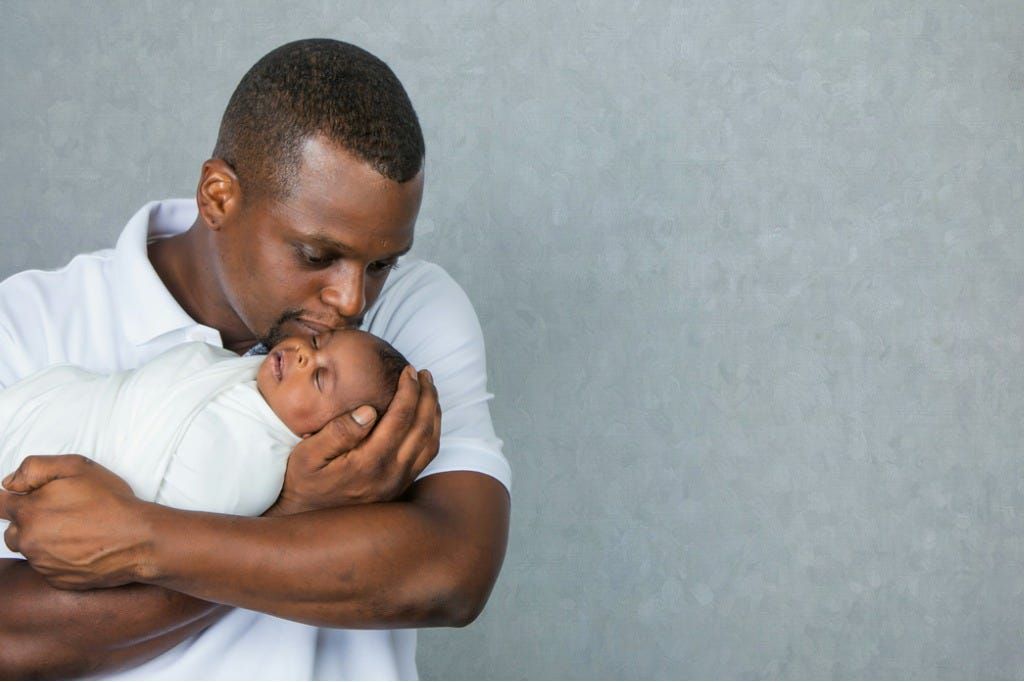
We often hear about the profound impact mothers have on their daughters, but the role of a father, or a significant father figure, is just as crucial in shaping a woman's identity, self-worth, and her approach to relationships. When that foundational relationship is less than ideal – perhaps marked by absence, emotional distance, harsh criticism, or even abuse – it can leave a deep imprint, often referred to as a father wound. This isn't about blaming anyone; it's about recognising how unresolved emotional needs from childhood can manifest in adulthood.
For many women, a father wound can subtly, or sometimes overtly, influence their self-perception and how they interact with the world, particularly in romantic relationships. Psychological studies and clinical observations increasingly highlight these connections. If you've ever felt a persistent struggle in certain areas of your life, understanding these signs might offer a crucial piece of the puzzle, and more importantly, show you a path forward.
Here are five key signs that a woman might be carrying a father wound, along with ways to begin addressing them:
Signs Of Faather Wound
1. Persistent Low Self-Esteem and Self-Worth
Low self-esteem is often one of the most pervasive signs. A woman with a father wound may struggle with a deep-seated feeling of not being good enough, unworthy of love, respect, or success. This can stem directly from a childhood where she lacked consistent validation, received constant criticism, or felt largely unseen by her father. Research in developmental psychology often points to the father's role in affirming a daughter's worth and competence, especially as she ventures outside the home. If this affirmation was missing or inconsistent, she might internalise a belief that her value is conditional or simply non-existent. This can lead to persistent self-doubt, difficulty accepting compliments, and a reluctance to pursue opportunities where she might face judgment.
How to Deal With It: To begin addressing this, cultivate self-compassion, treating yourself with the same kindness and understanding you'd offer a close friend. Actively challenge that inner critic by questioning its voice; ask yourself, Would I speak to someone I love this way? Make a conscious list of your accomplishments, talents, and positive qualities, revisiting it often to reinforce your worth. Celebrate even small wins, as each acknowledged step builds confidence. Gently introduce positive affirmations into your daily routine, such as I am worthy, I am enough, or I am capable.
ALSO READ: 5 simple daily habits for lasting happiness
2. Difficulty with Healthy Relationships, Especially with Men
The relationship with our father often sets the template for future relationships with men. For women with a father wound, this can manifest as significant challenges in romantic partnerships. You might find a pattern of trust issues, constantly expecting disappointment or betrayal, mirroring a foundational lack of security with her first significant male relationship. This can lead to an unconscious attraction to emotionally unavailable partners, perhaps in an attempt to finally fix or receive the love she craved from her father. A deep-seated fear of abandonment might also be present, leading to clinginess, people-pleasing, or, conversely, pushing people away before they can be abandoned. She might also over-give or constantly seek validation, believing her worth depends on how much she gives or how much a man validates her.
ALSO READ: Here are 9 ways to prevent bloating after eating eggs
Attachment theory extensively explores how early relationship experiences, including those with fathers, shape our adult attachment styles, influencing how we connect and respond in intimate relationships.
How to Deal With It: Seeking therapy, either individual or couples counselling (especially with a therapist specialising in attachment or relational trauma), can be invaluable for identifying and breaking these unhealthy relationship patterns. Learn to identify your needs and communicate them clearly and assertively, practising saying no when something doesn't serve you. Forging trust should be a gradual process; allow it to develop organically and observe consistency in a partner's words and actions. When feelings of distrust or abandonment arise, pause and question if these emotions are based on your current reality or are echoes from past wounds.
3. Excessive People-Pleasing and Lack of Boundaries
This sign is often intertwined with low self-esteem and the desire for external validation. A woman with a father wound may develop an intense need to please others, particularly authority figures or romantic partners, often at her own expense. Her inability to set firm boundaries stems from a fear of rejection, abandonment, or causing conflict – perhaps having learned that her own needs or opinions were secondary, or that expressing them led to negative consequences.
Clinical observations suggest that individuals who felt they had to earn their father's attention or approval may continue this pattern in adult relationships, believing that constant accommodation is the only way to secure love and acceptance. Saying no can feel terrifying because it risks disapproval, which resonates with old, unhealed childhood hurts.
How to Deal With It: Begin by identifying your core values; understanding what truly matters to you makes it easier to say yes to what aligns and no to what doesn't. Practise saying no incrementally, starting with minor requests, and observe that the world doesn't crumble. Actively prioritise your own needs by scheduling self-care time and non-negotiable activities, reinforcing that your needs are just as valid as anyone else's. Learn techniques for assertive communication, expressing your thoughts and boundaries clearly and respectfully, without resorting to aggression or passive-aggressiveness.
ALSO READ: 10 'dangerous' foods pregnant women should never eat
4. Emotional Dysregulation or Suppression
READ ALSO: Trump considers widespread visa bans for Ghana and other 36 African countries








![Burkina Faso celebrates as Ibrahim Traore unveils made-in-Africa electric buses [Video]](https://sportal365images.com/process/smp-images-production/pulse.com.gh/11062025/8558c966-4f8d-4f59-bd16-80956686e33d.png)












Facebook
Twitter
Pinterest
Instagram
Google+
YouTube
LinkedIn
RSS